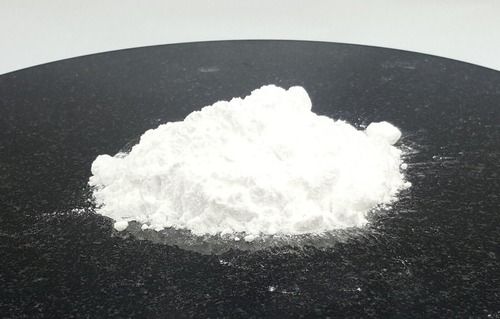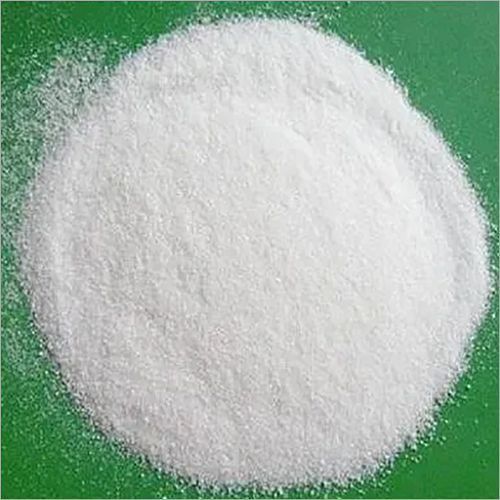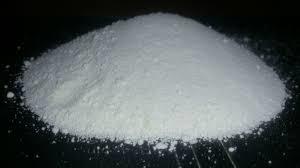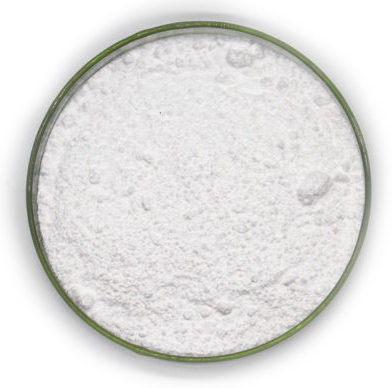Trusted company that deals in Quality-made products
Citric Acid Monohydrate USP
132 INR/Kilograms
Product Details:
- Solubility Soluble in water
- Storage Room Temperature
- Type Pharmaceutical Intermediates
- Grade Medicine Grade
- Purity(%) 99
- Physical Form Powder
- Click to View more
X
Citric Acid Monohydrate USP Price And Quantity
- 132 INR/Kilograms
- 25 Kilograms
Citric Acid Monohydrate USP Product Specifications
- Medicine Grade
- Powder
- Soluble in water
- 99
- Room Temperature
- Pharmaceutical Intermediates
Citric Acid Monohydrate USP Trade Information
- Cash in Advance (CID) Cheque
- 10 Kilograms Per Day
- 10 Days
- Yes
- Free samples are available
- HDPE Bag/ HDPE Drum/ Jar Packing
- Asia Australia Central America North America South America Eastern Europe Western Europe Middle East Africa
- All India
- FDA, GMP, GLP, ISO, FASSAI, KOSHER, HALAL
Product Description
Citric acid monohydrate USP is a crystalline form of citric acid, a weak organic acid found in citrus fruits like lemons, oranges, limes, and grapefruits. It is often used as a food additive for its sour taste and preservative qualities.
Here are some common uses of citric acid monohydrate:
1. Food and Beverage Industry: It is widely used as a flavoring and preservative agent in food and beverages. It enhances the flavor of many foods and acts as a natural preservative, extending the shelf life of certain products.
2. Pharmaceutical Industry: Citric acid monohydrate is utilized in pharmaceuticals as an excipient, aiding in the formulation of tablets and syrups. It can also be used to adjust the pH of certain medications.
3. Cosmetics and Personal Care Products: Its found in many cosmetics and personal care products due to its ability to adjust the acidity of formulations. It can be found in products like shampoos, soaps, and skincare items.
4. Cleaning and Household Products: Citric acid monohydrate is often used in cleaning products due to its ability to remove limescale, soap scum, and rust stains. Its found in descaling agents for coffee makers, dishwashing detergents, and toilet bowl cleaners.
5. Industrial Applications: Beyond consumer products, citric acid monohydrate is used in various industrial processes such as water softening, metal cleaning, and in the production of certain chemicals.
Citric acid monohydrate is generally recognized as safe (GRAS) by the U.S. Food and Drug Administration (FDA) when used in accordance with good manufacturing practices. However, excessive consumption may lead to adverse effects for some individuals, particularly those with certain medical conditions like kidney problems. As with any food additive, its essential to use it in moderation and according to recommended guidelines.
FAQs of Citric Acid Monohydrate USP:
Q: What is the structural formula of Citric Acid Monohydrate USP?
A: The structural formula of Citric Acid Monohydrate USP is C6H8O7.H2O.Q: What is the appearance of Citric Acid Monohydrate USP?
A: Citric Acid Monohydrate USP appears as white or almost white, crystalline powder, colorless crystals or granules, and is efflorescent.Q: What is the shelf life of Citric Acid Monohydrate USP?
A: The shelf life of Citric Acid Monohydrate USP is five years after the manufacturing date.Q: What is the purity of Citric Acid Monohydrate USP?
A: The purity of Citric Acid Monohydrate USP is 99.5% - 100.5% (dried basis).Q: What is the molecular weight of Citric Acid Monohydrate USP?
A: The molecular weight of Citric Acid Monohydrate USP is 210.14 g/mol.Tell us about your requirement

Price:
Quantity
Select Unit
- 50
- 100
- 200
- 250
- 500
- 1000+
Additional detail
Mobile number
Email
 English
English Spanish
Spanish French
French German
German Italian
Italian Chinese (Simplified)
Chinese (Simplified) Japanese
Japanese Korean
Korean Arabic
Arabic Portuguese
Portuguese






 Send Inquiry
Send Inquiry Send SMS
Send SMS
